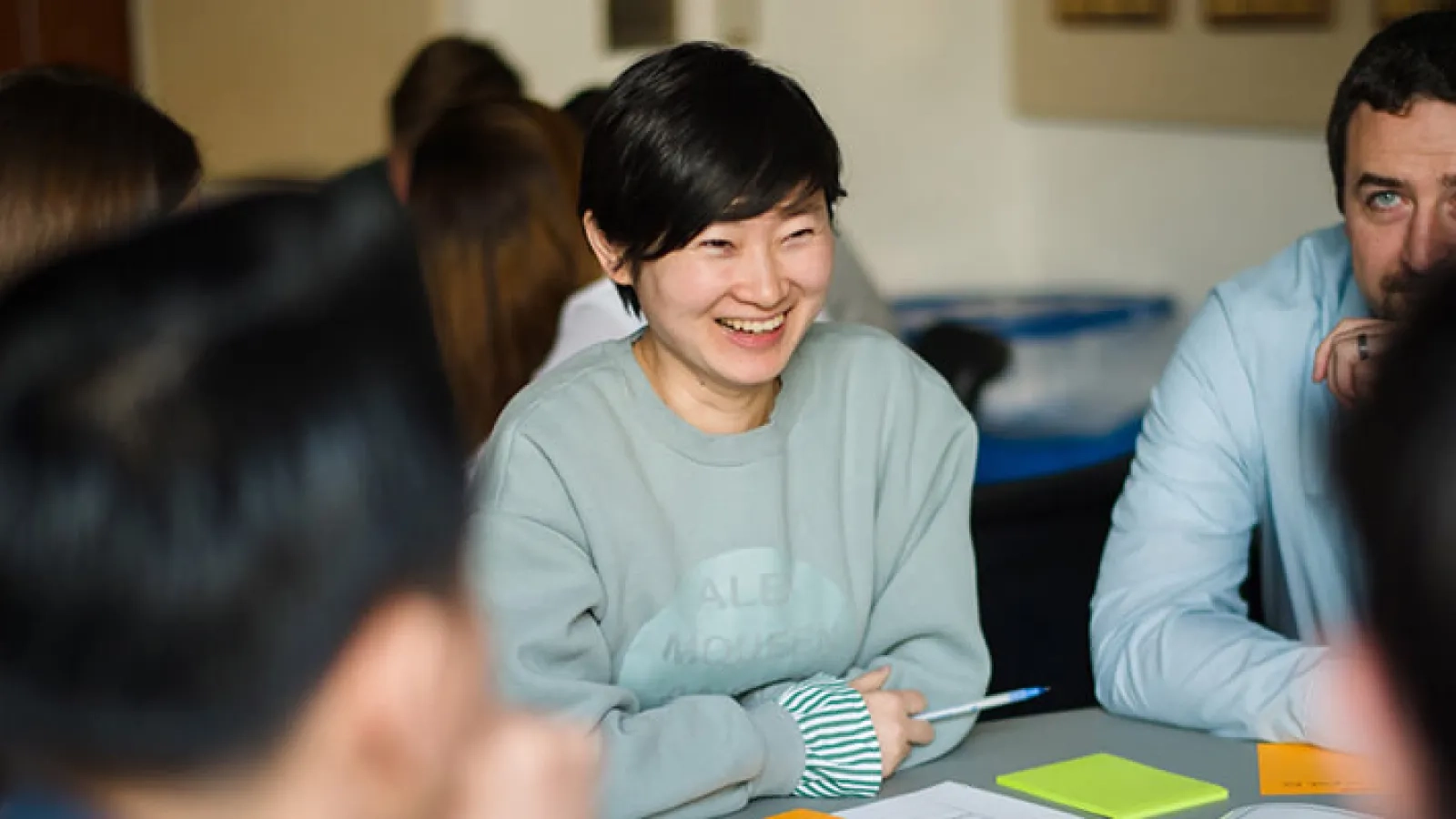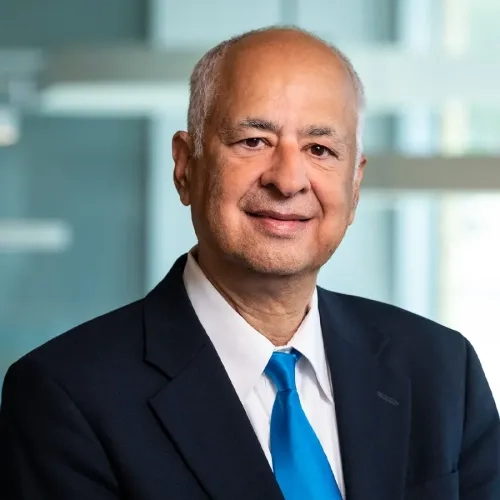Capstones

Capstones are immersive, experiential courses at the end of your Tepper School experience. Options include working alongside corporations or participating in a strategic management exercise.
Management Game is offered in the online format; Strategic Management of the Enterprise is available to students who can take classes on campus.
Management Game
We train prospective managers to solve open-ended problems with talented people in creative ways.
The Management Game is an applied strategic management and general management experience in which teams of students operate computer simulated companies for three years, acting as the executive committee of a multinational manufacturing company. Through this simulated management exercise, students are equipped to solve open-ended problems in innovative ways.
The class takes place at the end of the curriculum and illustrates how to apply the tools acquired in other classes in a complex international business environment. The main focus of the learning is the unstructured nature of the problem.
How It Works
Teams of students compete against each other as they work to add value to their companies while learning about competitive dynamics, group management skills, cross-functional management, and team leadership skills.
The class is unique in that students are evaluated primarily by external professionals and by the results they deliver. What matters is not how hard they work but how effectively they work.
The project’s externally-focused exercises are relevant to team members’ career choices and include interactions with industry partners. Some examples include negotiating a labor agreement with union representatives or presenting marketing plans to marketing executives.
The opportunity to practice and receive feedback directly from corporate partners is both unique and valuable to the learning process. Each team reports to an external board of directors and must defend their plans and outcomes to advisors who evaluate their performance.
Alumni and friends of the Tepper School volunteer to serve on the board of directors, offering their expertise and experience. The board meetings occur three or four times throughout the capstone experience, serving as an interactive feedback session for the team.
The external feedback and evaluation structure of the course makes the exercise sharply realistic. The highly unstructured nature of the class makes it invaluable for students preparing to enter the job market as skilled leaders.
Faculty Coordinator
Strategic Management of the Enterprise
Offered in partnership with Kearney and select sponsoring companies, Strategic Management of the Enterprise prepares students for real-world challenges faced by managers. Strategic Management of the Enterprise is an experiential learning course that features a broad range of exciting consulting projects where students work to solve business problems faced by client companies.
Students will learn how to handle ambiguity, perform a persuasive analysis, and communicate effectively. In addition, students develop a deeper understanding of how organizations can coordinate and leverage synergies across a range of disciplines through the effective deployment of technologies and existing organizational structures and processes.
The projects included in this course reflect the reality that managers must address daily — namely, the significant challenges surrounding identifying “real” problems and the importance of conducting your analysis in a transparent way to achieve buy-in from key stakeholders.
How It Works
Through the course, students work with client companies on a wide array of problems spanning strategy, operations, technology, and marketing — challenges that will put your Tepper School education to the test. Teams will address issues such as big data, mobile application strategies, supply chain, digital media, complexity management, health care delivery models, and health care marketing strategy.
Past Clients Include:
- Alcoa
- Ameriprise
- Costco
- Embraer
- Johnson & Johnson
- Meredith
- P&G
- PNC Bank
- Siemens
- TEGNA
- Thermo Fisher Scientific
- UPMC
- Virtual Radiologic
- Walgreens
- Walmart
- WellPoint
- Wesco

